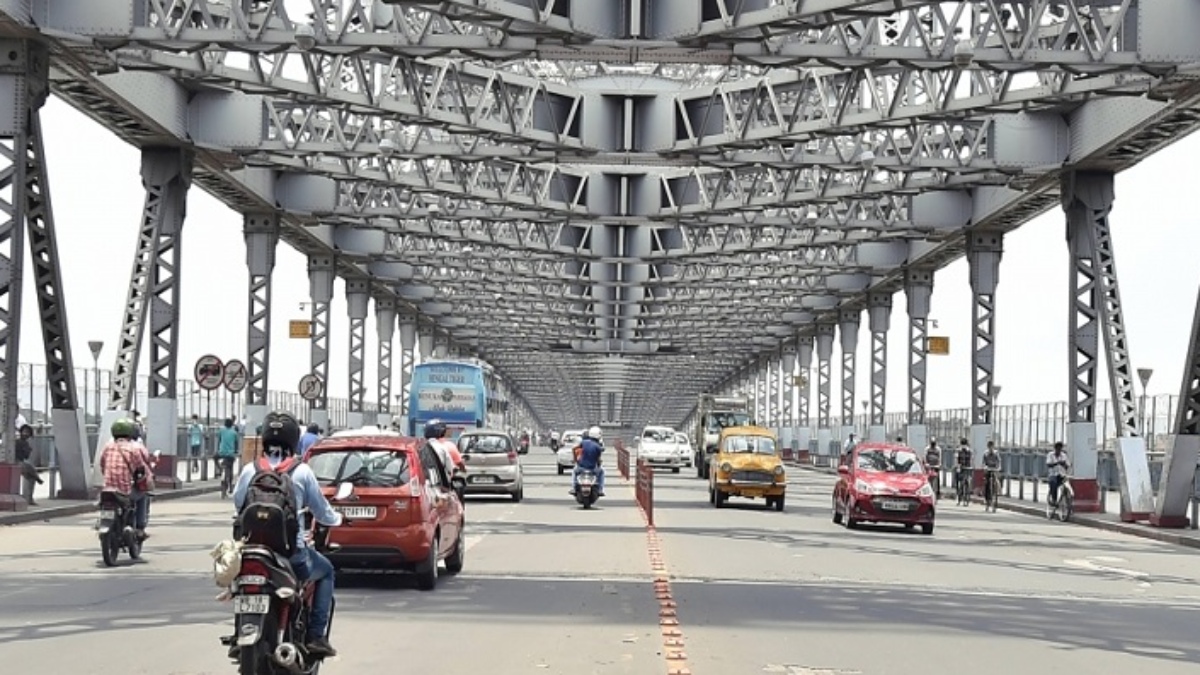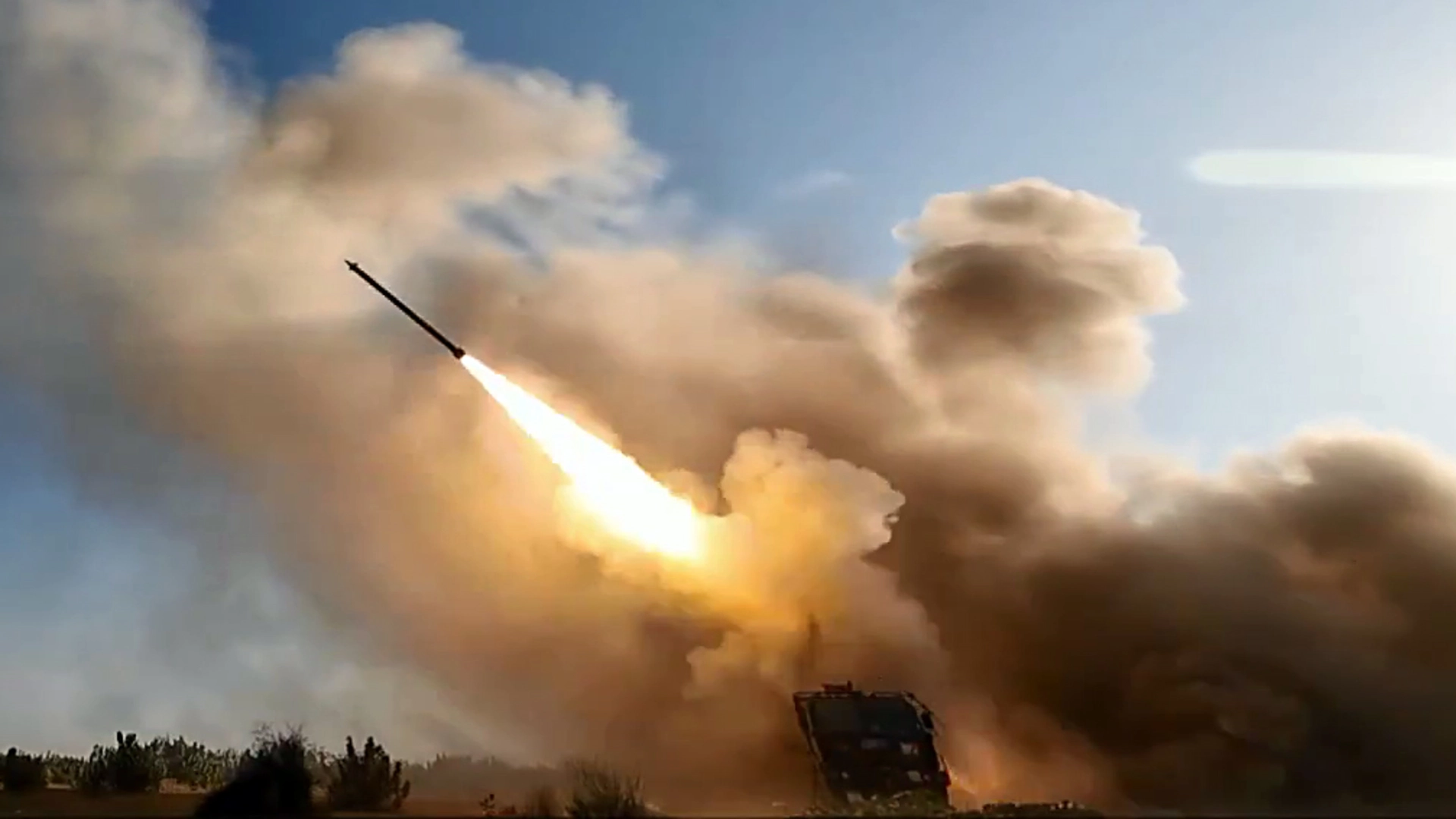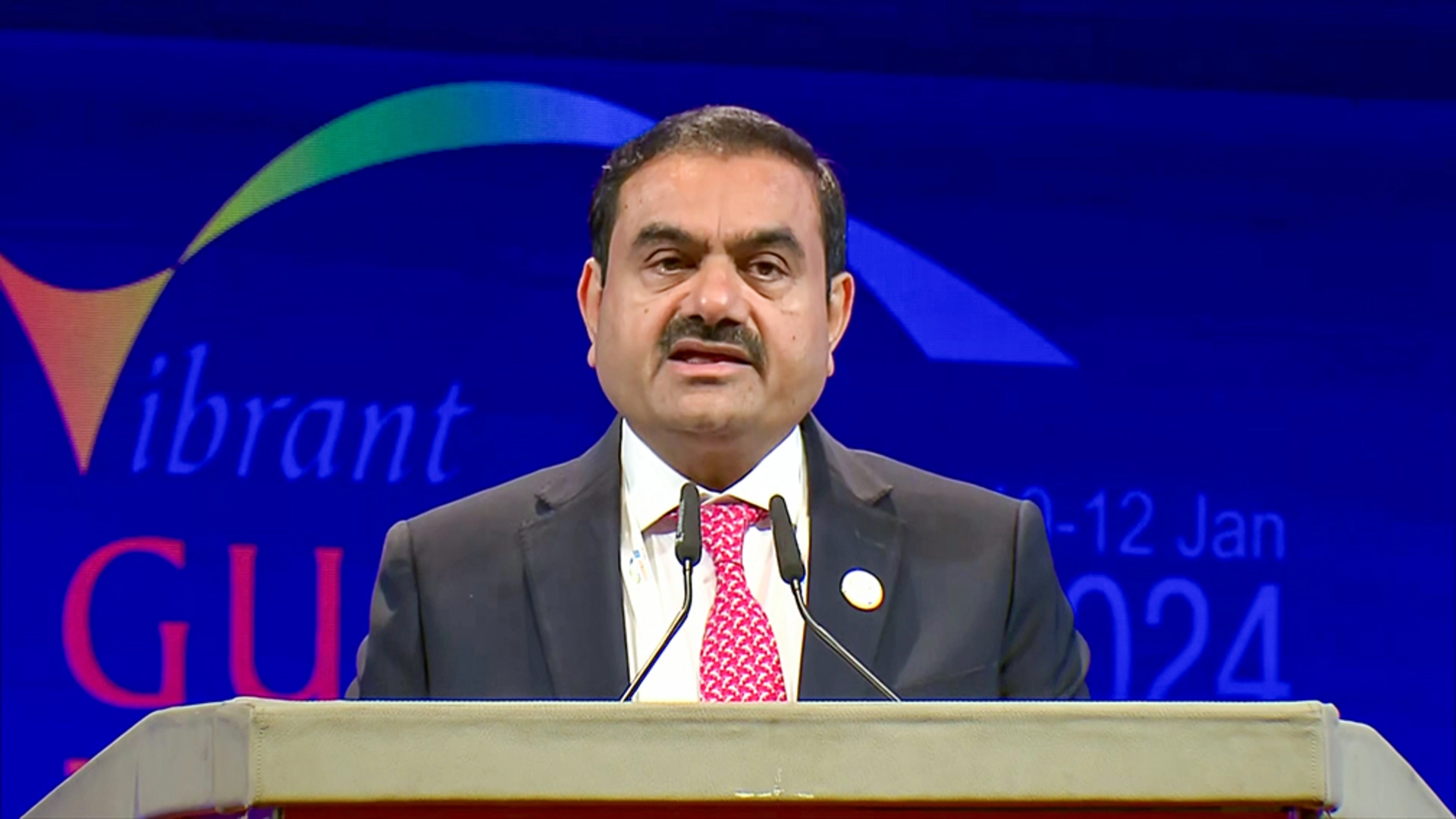
One of the most bitterly contested cities on earth has once again witnessed the scene of violent confrontations and war-like situations. Jerusalem is a city under siege and this is not for the first time, from stories in the Bible to UN resolution to the civil war, it is a city forged in conflict. It has been the scene of confrontations between Jews and Arabs for 100 years coupled with crusades, intifadas and now that fault lines have been reignited. For more than a century, Jews and Arabs have struggled to be the masters of land between the River Jordan and the Mediterranean Sea.
INSTANT CLASH AND DECODING THE PRESENT VIOLENCE
The latest clashes began a month ago but the situation between Israel and Palestine is worst in the last 7 years with violence erupting at several places. The ongoing violence represents a dramatic intensification of tensions related to Israeli settlers’ potential eviction of Palestinian families from East Jerusalem and access to one of the city’s most sacred sites, which is a key hub for Islam, Judaism, and Christianity. Violence at al-Aqsa mosque over the weekend has triggered the unrest, it is the third holiest site in Islam after Mecca and Medina. The Jews call it temple mount, the holiest site in Judaism. The intensified version of conflict is a combination of different events at the same time and the prominent one is the hearing of the Supreme Court. The Palestinian protest started when the judgement of Apex court was due on May 10, 2021, but due to the massive violence, it has been postponed. The situations in the middle east are deteriorating day by day and there is no sign of de-escalation. There are always two ways to look at something as each coin has two sides. Likewise, always two sides to every story and we need to know both before concluding. The instant clash is not just a clash between few people for a block of land but now things are out of control. This has now become a clash between civilizations of two people who always been at odds with each other and now with the heavy exchange of rockets both sides are not heading anyway to reach on consensus. This unrest will soon engulf the entire region and with the latest developments there is a clear sign of war coming from Israel and Hamas, Israel refuses the International mediation approach for ceasefire and fighting intensifies in the Gaza strip, as Egyptian mediators tried to defuse the tension in the middle east.
THE CURRENT DEVELOPMENT: SAGA OF CONTINUOUS ESCALATION
As violence continues straight for the fifth-day anti-Israel protest has erupted in several countries. In Ankara people set Israeli flags on fire wide range of protest against Israel has witnessed in Turkey, Iran calls on the Muslim world to Stand up to Israel, Jordanians protest in support of Palestinians and against Israel, a crowd of 1500 people including both Islamist party and leftist activists demanded the expulsion of the Israeli ambassador and same in Jordan, Arab league, Muslim world league condemn Israeli attacks, Large protests held in solidarity with Palestinians around the world. In toto, the Islamic world has united against Israel ranging from Saudi Arabia to Syria. Even countries that have normalized ties with Israel in recent time they are speaking against Israel. It can be said that Israel’s conflict in Gaza tests limits of new détente with the Arab world. Despite all this, the Israeli regime is firm on their stand that Hamas will get blows it didn’t expectsaid Prime Minister Netanyahu. Now, there is not an iota of doubt that what many media journalists have covered and predicted is not so far i.e., the conflict might result in a third intifada as both sides are on their highest pedestal to go against each other. The question of who is right and wrong is just lost in the smokes and fires of each rocket and what remains now is only a festering conflict and unresolved dispute with a decades-old war with five peace deals could not end. But we cannot forget that story of Palestine is the story of broken promises of the homeland that was promised but never delivered.
COLLAPSING INTERNATIONAL LEGAL FRAMEWORK AND TRACING THE HISTORY: PRESENT CONTEXT
In this changing geopolitical development, it is pertinent to understand the legal position and what does International law has to say in such virulent war-like situations. Palestine is a de jure sovereign state but the legal statehood of Palestine is still disputed as some countries do not recognise Palestine as a state. Hugo Grotius (1583-1645), a Dutch philosopher and the author of De Jure Belli Ac Pacis (The Rights of War and Peace), established the conditions for a just war, which are still widely accepted today. States began to recognise that the use of force necessitates some level of control and regulation. International Humanitarian Law (IHL), also known as the Law of Armed Conflict or the Law of War, rose to prominence in the twentieth century. IHL performed two major functions in the armed conflicts, in situations as we have in the middle east between Israel and Gaza (Hamas) by Jus ad Bellum and Jus in Bello. They lay the groundwork for states to follow both before and after the war. Jus ad Bellum refers to the law of war or the justice of going to war. It discusses the goal of war, whether it is waged for self-defence or to protect human rights. The justification for war is on the horizon. Jus in bello means “justice in the conduct of war” or “law in the conduct of war.” Jus in bello governs and seeks to normalize the actual conduct of hostilities. In this regard, the question of Israel’s occupation of Palestinian territories and the ongoing injustices against Palestinians in the Israel-Palestinian conflict for nearly 72 years arises. The legal recognition and binding force behind jus ad bellum are envisaged under Article 2(4) and Chapter VII of the UN Charter. Chapter VII of the UN Charter refers to “Actions with respect to threats to the peace, breaches of the peace, and acts of aggression” and it consists of Article 39-51. International law seems to be in the grey area if we need to analyse the present situation of escalation in the middle east as we find many grey areas to apply Chapter VII in the conflict between Israel-Palestine. Chapter VII deals with the acts of aggression but the UNSC is reluctant to define aggression itself.
The asymmetry of power between big and small states is crucial in imposing jus ad bellum responsibility on states. Since the 1967 war, Israel becomes a powerful nation backed by world powers. Palestinians are not recognized by Israel to adopt the jus ad bellum. We cannot draw a fine line between the fight for freedom and self-defences in the Palestinian context. In Gaza, Hamas holds this contentious position. For Palestinians, Hamas are freedom fighters fighting for Palestine’s self-defence. For Israel and other like-minded countries, however, Hamas is a terrorist organisation. How can jus ad bellum be justified in the instant conflict?
Jus in bello refers to state behaviour both during and after a war. The Geneva Law and the Hague Law paved the way for jus in bello. Hauge conferences establish conventions to prohibit the use of expanding weapons, landmines etc. and Geneva conventions enumerated as to how military combatants must be treated. But, in reality, this all conventions are like a lost promise of some authoritarian regime as states failed to conform to the IHL. The same is evident in instant time as both Israel and Palestinian (Gaza- Hamas) are breaching it. But, Israel is prone to breach jus in bello in pursuit of its national interest and national security. But the report in 2004 highlighted that how Israel violated its occupying power responsibilities in the West Bank, East Jerusalem, and Gaza. Despite UN and international community condemnation, no state could stop Israel’s behaviour in the Middle East as they are protecting their citizens from attacks of Hamas. Once again the devastating situations are evident in the middle east and we cannot say that only Israel is responsible for the current clashes and virulent conflict but Hamas is also not agreeing to de-escalation and it resulting in wide abuse of International law. jus ad bellum and jus in bello were prisoned by realism.
Sir Hersch Lauterpacht (1952) asserts, „If international law is …the vanishing point of law, the law of war is even more conspicuously the vanishing point of international law.“ Chief prosecutor of the International Criminal Court (ICC) Fatou Bensouda said possible “commission of crimes under the Rome Statute” have been committed as both sides exchanged heavy fire.
In summation, the situations are grim in the middle east and there is a gross violation of the scheme of International law from both sides and there is an imminent need to end this conflict as it is creating just chaos and havoc in the life of citizens of Israel and Palestinian. The cost of the instant conflict is the deaths of civil beings as till now a total of 100+ people including 27 children have been killed in Gaza and 7 Israelis killed in attacks. The next development will be a full scale war as things are just escalating with passage of every hour.














